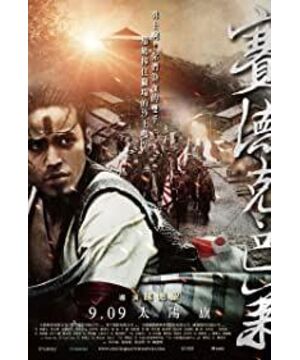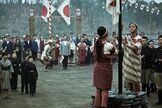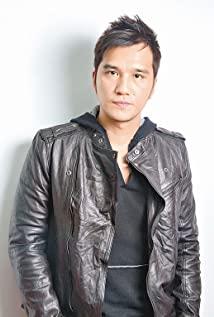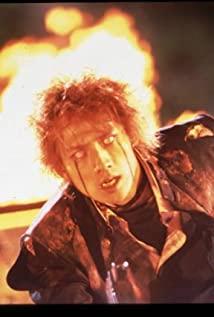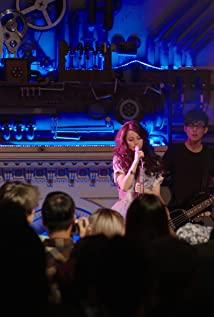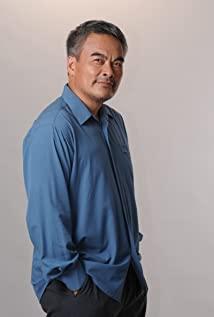I wish someone would answer a few questions, or ask themselves, before telling me what the film is about.
What is a hero? What is freedom? What love, hate and pride?
I have always felt that the criterion for a good director is not how deep the mood of the film is, how beautiful the picture, how meaningful the lines are, but in fact, whether he can tell a good story completely. That's why I hate Zhang Yimou so much that I can't tell stories at all; Feng Xiaogang can tell stories, but he's a scumbag.
In fact, simply telling a story is not an easy task. Art is actually the most subjective thing in this objective world. A rain today can add some sadness, and after drinking a little wine at night, I immediately make up a very dreamy plot. One flower, one world, one grass, one heaven. No one can be completely objective and calm, and can see through a thing or a pattern, but no one can do it without refuting when it comes to getting started.
In Seediq's film, Wei Desheng told a good story, an unbiased one.
In the interview with Wei Desheng conducted by Chai Jing, Wei Desheng himself said that there are many places in the film that make him feel conflicted and confused, but the story still needs to be told, so it is better to directly film these contradictions and confusions, and show them. The true face of those stories is fully revealed.
I can't explain what story this film tells, Anti-Japanese? Very strange, do you really see the shadow of hatred between the country and the family? The impact of civilization on the primitive? Strange, you tell me what civilization is. If a modern person is still returned to the primitive era, the stone civilization, and lived a life of continuous killing and drinking, would it still be called civilization? But why is it called civilization? If civilization is a dead thing, then all we live now is savages.
I just attribute it all to the story, to the story.
The story is not about the central themes, but something more pure and unspeakable.
The mood they felt when they murdered, the mood when they killed the old and the weak, the mood when their companions died, and the mood when they hung in the woods together as a ghost. They rarely cry, maybe sad or angry, but they rarely cry, as if the only thing in the world that doesn't belong to them is tears.
In fact, I just live in the story, die in the story, that's all.
Sometimes I especially like science, because in science, everything has a reason and an answer. The world outside of science is full of contradictions.
Qian Zhongshu once said something that irritated me very much. Contradiction is the price of wisdom. This is a joke of life on the outlook on life.
I was wondering, how did the conflict arise?
Ah, it comes from our age of civilization and indoctrination.
An era where stories are not stories.
Just tell a story, tell a story.
View more about Sai de ke · ba lai: Tai yang qi reviews


